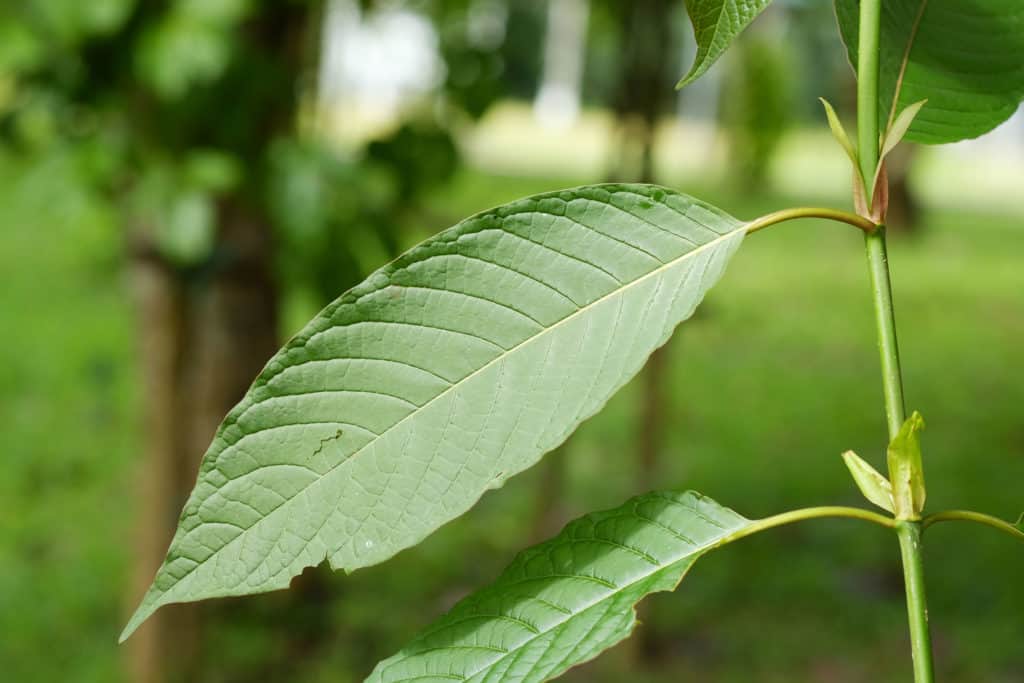Is Kratom Legal in Arizona?
There have been several attempts to ban Kratom in jurisdictions across the U.S. Unfortunately, some of them were met with little to no resistance, which led to a great deal of unfair and unfounded Kratom prohibitions. Yet this was not the case with the state of Arizona.

Is Kratom Legal in Arizona in 2019?
In 2014, the Arizona Senate read HB2453. The bill aimed to ban an extensive list of synthetic, designer drugs, such as Hydroxyphencyclidine (also known as 3-HO-PCP). Mitragynine and Hydroxymitragynine somehow made this initial list, even though they were not substances that people cooked in makeshift labs. Since pure Kratom is an entirely organic, natural plant product, this would have been an erroneous legal classification.
There was a formal petition to remove the two substances from HB2453. The appeal did not get more than 250 supporters, but the people behind it were vocal about their positive experiences with Kratom, as well as about the fact that these compounds are neither dangerous nor synthetic drugs. Fortunately, the authorities reviewed these submissions and removed the two Kratom compounds from the list of HB2453.
In April 2019, the Arizona Governor signed the Kratom Consumer Protection Act, thus taking a moderate approach to the Kratom industry by regulating its sale.
Can You Buy Kratom in Arizona?
Selling, buying, and possessing Kratom is legal throughout the state of Arizona. You can get it in herb shops, tobacco boutiques, and even select vending machines. Still, we would advise you purchase online, directly from the businesses who package the product, such as The Golden Monk. This generally guarantees that there is no price spike due to intermediaries and that your product has not been tampered with.
Overall, it is actually advised to buy Kratom in Arizona. The KCA of 2019 ensures that the substance can only be marketed to individuals over the age of 18. In addition, Kratom vendors are legally mandated to disclose the full make-up of any Kratom product that is sold. This labelling standard is a boon for the local Kratom market, since it forces shops to accurately label their powders.
Depending on lobbyists, there may be future attempts to outlaw Kratom. Whenever there is news of such legislation, we urge you to be vocal about your opinions on Kratom directly with your representative. Make sure they know how you feel about the initiative, but also that they are aware of the natural and beneficial characteristics of this plant.